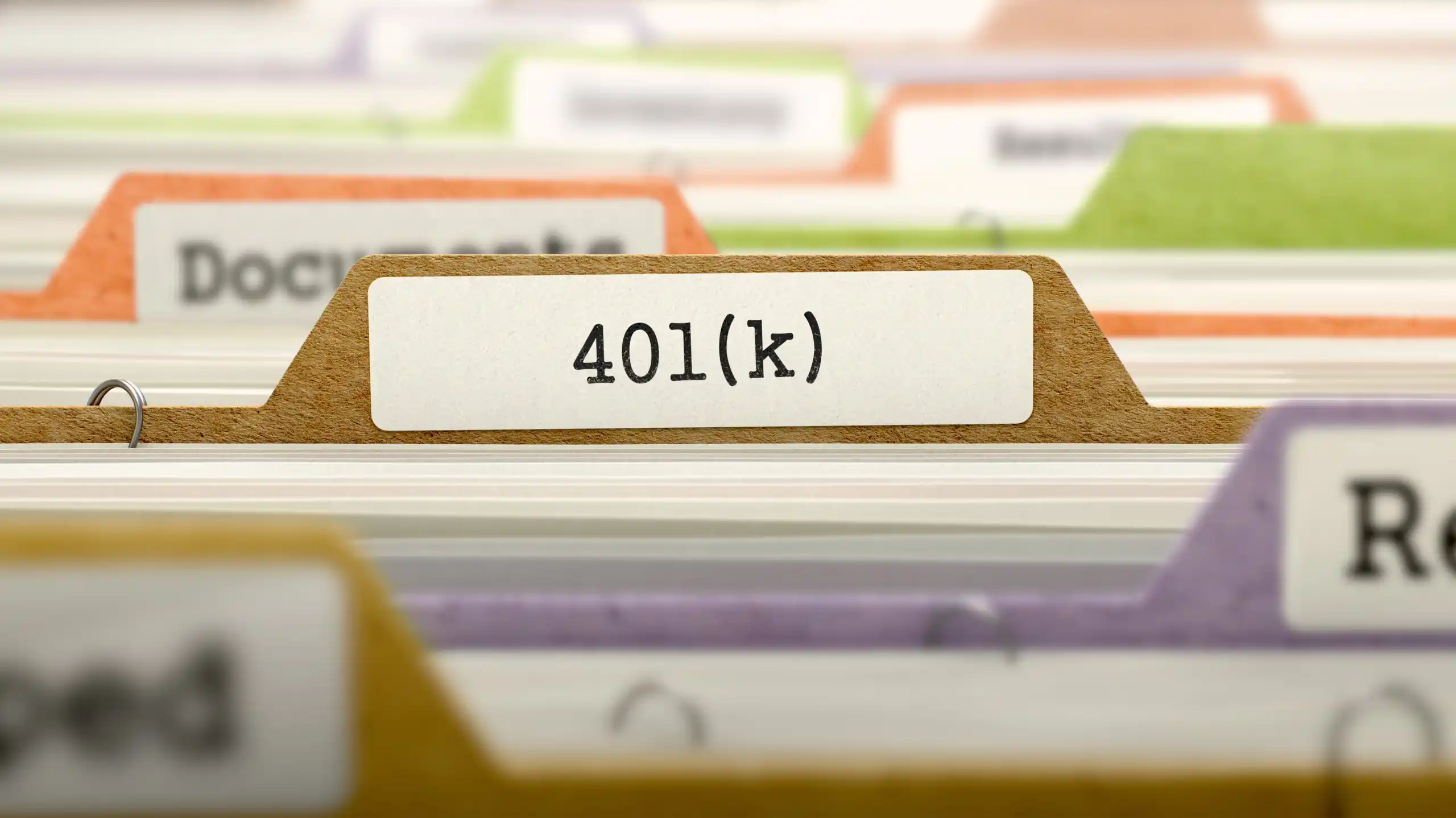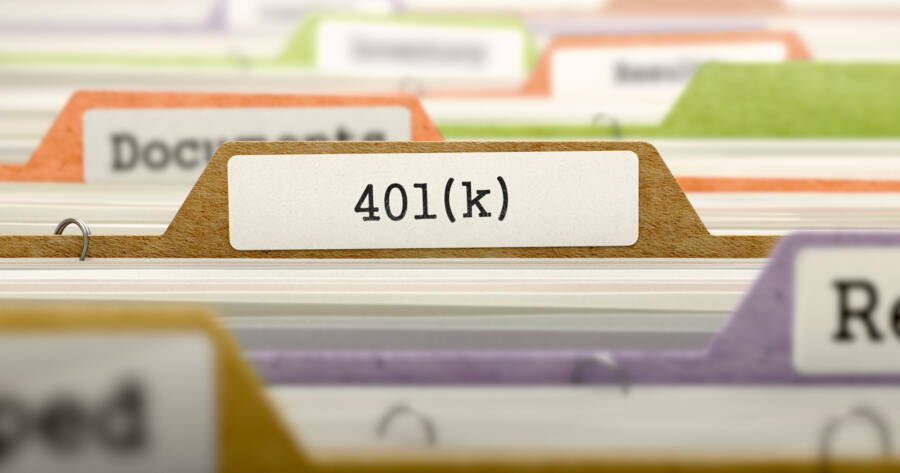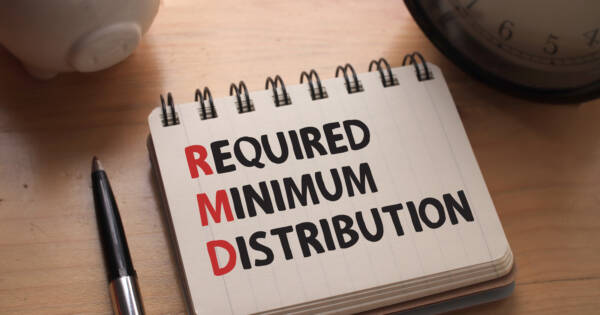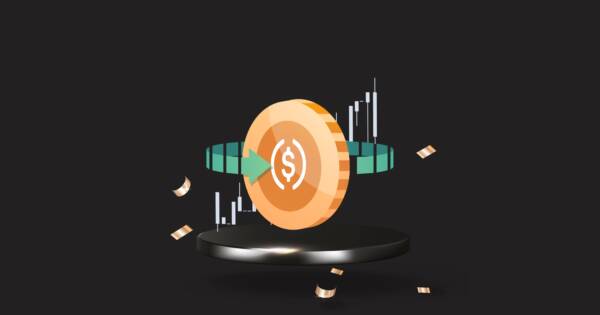Retirement funds accompany many benefits employees can take advantage during their working life. Depending on the arrangement between you and your employer, these benefits may be trusted to a number of different investment companies.
However, employment circumstances often change, especially when global pandemics take hold. You may have lost your job, found a new work-from-home position, or any number of other possibilities that affect your employment status. Among these vast changes, it’s entirely possible your 401(k) could have been misplaced.
If you’re unsure what to do if you think you might have lost your retirement funds, you’ve come to the right place. This article will guide you towards the resources necessary to tracking down your lost 401(k) funds. Between the various websites, you should be able to locate your retirement money and then make an informed decision about where those funds should be placed next. After all, those particular dollars are what will keep you comfortable when you no longer need a 9-to-5.
How You Might Lose Your 401(k)
Though it might seem like a hard thing to lose a large chunk of retirement money, it’s not always the first thought on people’s minds when they switch jobs. After all, the parting could be less than amicable, and the last thing you want to do after leaving abruptly is to speak with a human resources representative. And even if you and your employer split peacefully, your mind is typically set on new horizons. But that’s just the tip of the iceberg.
That being said, here are a few reasons why you might have “lost” your 401(k) earnings, according to TheStreet.com and others.
- You had multiple jobs in a short amount of time: “The account holder may have engaged in a string of job-hopping experiences and lost an old retirement account in the shuffle.”
- If you worked for a company for less than a year: “You might even automatically have been enrolled in an old 401(k) company by a firm you only spent a year or so working at, didn’t realize it, and completely missed bringing the 401(k) account along with you to your next job.”
- You didn’t receive the notice regarding a change in retirement fund status: You might have moved while still working for a job or even between jobs. The retirement company might not have received notice of your new address and you weren’t forwarded the appropriate documents.
- Your plan might be in a “Default IRA” or “Missing Participant IRA”: “This is an IRA account set up on your behalf to preserve your retirement assets until they are claimed by your or your beneficiaries.”
- The responsible investment company’s status changed: The 401(k) holding company could have “merged with another firm, was bought out, or went bankrupt.”
Starting to get a worried feeling in your stomach? Don’t fret. If you think you might have left some retirement funds behind, we’ve got a game plan for you.
Steps to Recover Your Lost 401(k)
RealDaily.com reminds us that “tracking down transferred or missing 401k plans can be tricky, especially if the account holds less than $5,000.” That’s still your money, though. Might as well get it back, regardless of how large or small the amount is. So how can you find your missing 401(k), no matter the amount?
Start With Your Employer
Contact the human resources department and ask what might have happened to your benefits. They should be able to use your personal information to look up your account status. If the funds were placed in an individual retirement account (IRA), the employer should be able to notify you which company holds that account.
Ask Former/Current Employees
If you know someone who previously worked at the business, ask if they have any information on who might be dealing with your retirement funds. You can also contact any employees or friends that are still working there. They should be able to guide you to the correct person to get answers regarding your 401(k) account.
Reference Old Paperwork
Most 401(k) companies send out periodic statements. Refer to one of these documents for phone numbers. If you can speak to a representative, they should be able to tell you if your account remains with them or whether it was transferred. Also, if you have a recent W-2 on file, you should be able to find your retirement fund information there. You can check Box 12 of your tax return as well. Lastly, you might be able to inquire about the Form 5500 filed by your employer to report employee benefit plans.
Finally, you can try to do some digging on your own. To do that, you’ll need a computer, an internet connection, and a bit of patience.
Websites to Check for Your Lost 401(k)
Here are some of the websites you can check to find your lost 401(k). Just remember before you enter any personal information into a website form, make sure the site is legitimate.
- Abandoned Plan Search
- Missingmoney.com
- Unclaimed.org
- The National Registry
- FreeERISA.com
- U.S. Pension Benefit Guaranty Corporation
With any luck, you should be able to find where your retirement money has been allocated.
What to Do With Your Recovered 401(k)
Now that you’ve located and taken possession of your retirement funds, what’s next?
For one thing, you can probably leave your funds where they are. If the company still exists, there’s nothing wrong with keeping your 401(k) with them. However, sometimes businesses do shut down or get sold. If that happens, you may want to look into transferring your 401(k) to a new investment firm.
If you’ve taken a new job that offers its own 401(k) plan, you might be able to roll your past funds into your current ones. Just know that you might be restricted to certain eligibility requirements that include specific timing. If you do plan on placing those old 401(k) funds into your current retirement benefits, make sure you choose a direct transfer. Don’t withdrawal the old account to fund the new account. That will help you avoid paying unnecessary taxes.
You can also transfer your funds into an individual retirement account, or IRA. According to Forbes, “the biggest benefit of using an IRA is that you have more investment options than you would with a 401(k). You can shift your investments anytime, and typically have a range of choices to invest in, including individual stocks, corporate and government bonds, exchange-traded funds and mutual funds.” This is definitely a good option for people who want to be more hands-on with their investments.
At the end of the day, you also have the choice to remove your funds completely. However, withdrawing those funds brings both positive and negative consequences. Borrowing money from your retirement savings can be a last-ditch effort to float you through a particularly hard time. However, you should read the fine print first. There are likely hefty tax implications.
All is Not Lost (Just Unclaimed)
We hope this article has helped soothe your worries about losing your retirement benefits for good. They were never really gone, just misplaced in a sea of financial paperwork. Given enough research, you should be able to locate your 401(k) funds. When you do, make sure you newly allocate them according to your financial goals. Those savings will add to what you earn in the future. By the time you’re ready to retire, a nice chunk of change should be waiting.
 Shutterstock
Shutterstock







